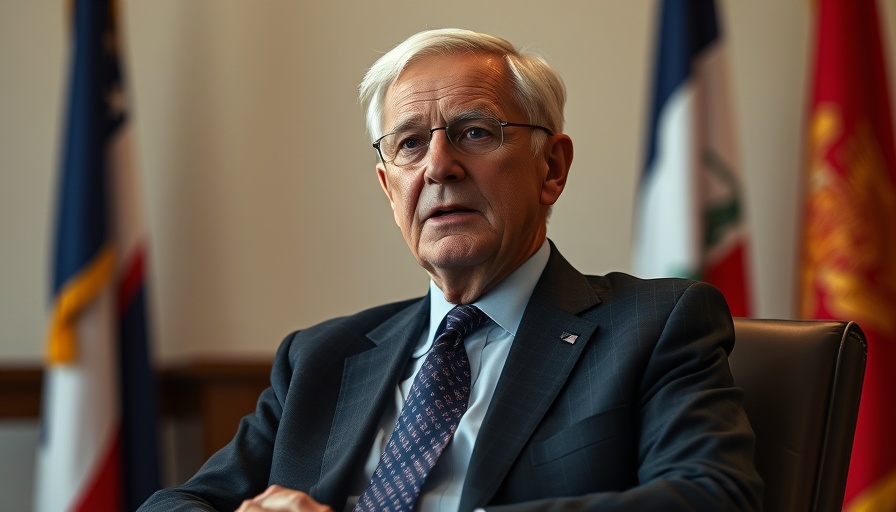
Inclusive National Dialogue: A New Chapter for South Africa
In a decisive move towards political engagement and inclusivity, President Cyril Ramaphosa has declared that the upcoming National Dialogue in South Africa is poised to be a participatory effort that brings in diverse voices. Announced on June 12, 2025, the dialogue aims to engage every facet of society, ensuring that all South Africans, whether as individuals or part of organized groupings, can contribute to shaping future policies.
Ensuring Broad Participation Amidst Criticism
The announcement comes amidst controversy, with some reports suggesting that the contributions of historical liberation stalwarts might be overshadowed. The Presidency firmly rebutted these claims, attributing them to misinformation. The commitment to an inclusive process signals a shift towards a more transparent governance model, fostering a sense of unity ahead of critical electoral events such as the 2024 general elections.
Structured Engagements: Phased Approach to the Dialogue
The National Dialogue will unfold over several phases, commencing with a National Convention scheduled for August. The initial phase involves sectoral engagements that reflect on the pressing issues facing various communities across South Africa. This will pave the way for broader provincial and national discussions aimed at addressing key socioeconomic challenges, including service delivery and economic policy reform.
Engaging Diverse Institutions in National Rebuilding
The Preparatory Task Team behind the National Dialogue comprises representatives from foundations, civil society organizations, and the Presidency, demonstrating a collaborative spirit. This initiative acknowledges the historical experiences of groups such as uMkhonto weSizwe (MK) and other liberation movements, ensuring their insights contribute to contemporary governance.
Anticipation for Real Change as Election Approaches
As South Africa approaches the 2024 general elections, the National Dialogue underscores a critical political realignment. With eyes set on fostering voter turnout and addressing the challenges of electoral reform, the dialogue could become a platform for voters’ grievances, especially addressing issues such as income inequality, youth unemployment, and land reform. These themes are vital to resonate with the electorate, particularly amidst factions like the African National Congress (ANC) and the Democratic Alliance (DA) vying for influence.
The Role of the Opposition in Shaping Dialogue
Opposition parties, including the Economic Freedom Fighters (EFF) and their leaders Julius Malema, are poised to play a significant role. Their active engagement in this political conversation will be crucial, as they pursue their interests in key areas such as economic policy and public sector reform. Their perspectives could lead to more substantial discussions on pressing matters like climate change policy and labor laws in South Africa.
Beyond Politics: Socioeconomic Implications
The implications of the National Dialogue extend beyond immediate political landscapes. With pressing issues like crime prevention, health care reforms—including the National Health Insurance (NHI)—and police reform in the national consciousness, the dialogue can catalyze lasting change. Residents are eager to see how their voices will impact strategies to tackle gender-based violence, ensure housing security, and enhance educational opportunities for future generations.
Final Thoughts: A Call for Civic Engagement
As South Africa embarks on this National Dialogue, the importance of civic engagement cannot be understated. The opportunity for all citizens to participate, voice their concerns, and engage in meaningful discourse is crucial for fostering a united and progressive movement. This is an invitation for South Africans to hold their leaders accountable and advocate for transparency and integrity in governance. As we look towards the future, these dialogues will be instrumental in bridging divides and enhancing the fabric of democracy.
In the spirit of collective engagement, we encourage all citizens to take part in this forthcoming dialogue. Your voice is essential in shaping the future of our nation.
 Add Row
Add Row  Add
Add 




Write A Comment